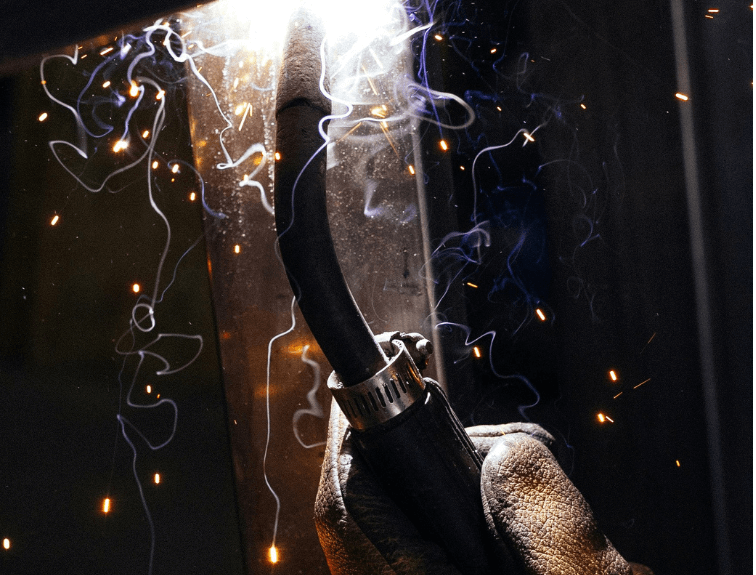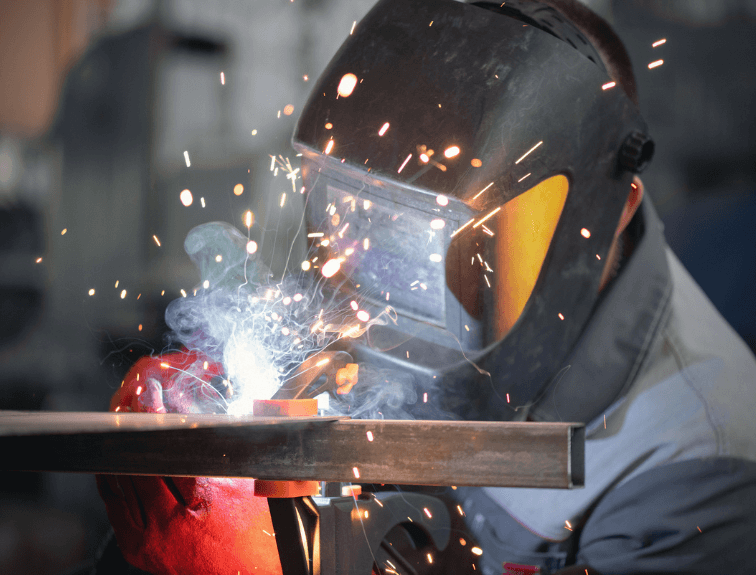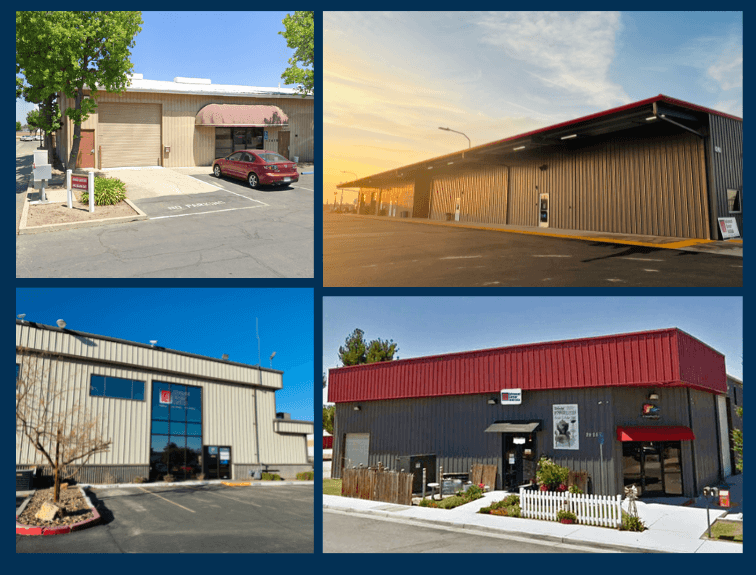New welding students often have a lot of questions. These questions can range anywhere from work prospects and equipment, to history. Below are a few of the most common questions our instructors receive:
1: Where do welders work?
- Welders can work in a variety of industries, including construction, shipbuilding, industrial maintenance, repair, and manufacturing.
2: What skills are most important for a welder?
- A good welder should not only be well versed in the theory and practice of the different welding applications, but should also have strong problem-solving skills, the ability to read plans and blueprints, and have strong communication skills.
3: Is there really a difference between cheaper and more expensive auto-darkening helmets?
- Personal Protective Equipment, or PPE, is your first line of defense in keeping yourself safe. It is important to read ratings on products before purchase. Spending a bit more may get you a more comfortable and longer lasting helmet.
4: What are the most common types of welding used for?
- Shielded Metal Arc Welding (SMAW): This type of stick welding is most commonly used in industrial fabrication applications to weld iron and steel, fabricate steel structures, and can be used in the shop or in the field.
- Gas Metal Arc Welding (GMAW/MIG): This is the most common type of industrial welding, and is a bit faster than SMAW because of the continuous electrode wire feed. This application can also be used in the shop or in the field for fabrication.
- Flux Cored Arc Welding (FCAW): FCAW is most commonly used in portable applications to weld thick and out of position metals.
- Gas Tungsten Arc Welding (GTAW/TIG): TIG welding is most commonly used to weld thin sections of stainless steel and copper, aluminum or magnesium alloys.
5: When was welding first used?
- The first historical evidence of a welding process dates back to the Bronze Age. During this time there is evidence of pressure welding being used to create small gold boxes. Later on, people in Egypt and Mediterranean learned how to weld pieces of iron together to make tools.
At Advanced Career Institute, students gain the quality education and training needed to start a new career. Our Welding Program combines both hands-on experience and in-class technical training for California truck driving, commercial and school bus driving, and welding. We have three campuses located throughout California’s Central San Joaquin Valley in Fresno, Visalia, and Merced, California. If you are interested in a career in welding or learning more about our programs, please contact us.




